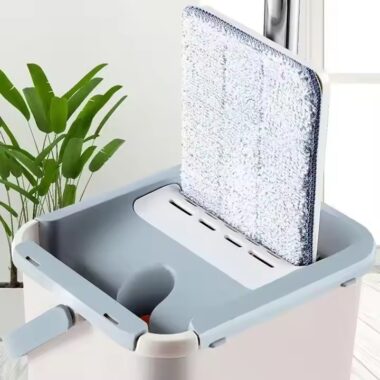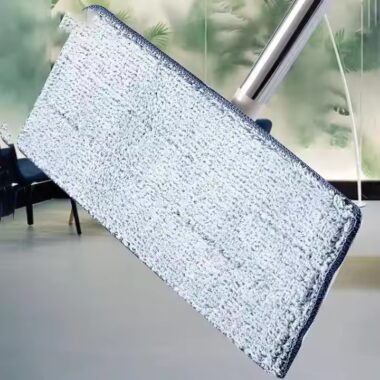🔶 Introduction
Finding a mop supplier may sound simple, but when your business depends on bulk orders, reliability is everything. A good supplier provides not just competitive pricing but also stable quality, flexible customization, and on-time delivery. In this article, we’ll explore how to choose the right mop supplier and what factors matter most to wholesale buyers.
🔷 Check Supplier Background and Experience
The first step in selecting a supplier is evaluating their background. A supplier with years of experience in mop manufacturing is more likely to understand international standards and customer needs. Ask for:
-
Company history and main product lines.
-
Export experience and major markets served.
-
Certifications or compliance documents.
Working with an established mop factory gives buyers confidence in both quality and long-term cooperation.
🔸 Evaluate Product Range and Custom Options
A reliable supplier should offer a wide range of mop types, from spin and spray mops to flat and cotton versions. More importantly, they should allow customization. Custom options may include:
-
Choice of materials (cotton, microfiber, sponge, polyester).
-
Handle design (plastic, stainless steel, telescopic).
-
Color variations and private label packaging.
Suppliers who provide OEM and ODM services are often better suited for wholesale buyers looking to differentiate their products.
🔹 Understand Pricing and Wholesale Terms
Bulk orders require clear and transparent pricing. Before choosing a supplier, confirm:
-
MOQ (Minimum Order Quantity): Some suppliers offer flexible MOQs to attract small and mid-size businesses.
-
Tiered Pricing: Larger orders usually lower per-unit costs.
-
Payment Terms: Discuss deposits, balance payments, and possible extended terms.
A trustworthy mop supplier provides detailed quotations that allow buyers to compare options fairly.
🔶 Inspect Factory Capacity and Machines
Production capacity is one of the most overlooked but important factors. A mop factory equipped with modern machines can guarantee:
-
Consistent quality across large orders.
-
Shorter lead times and faster response to urgent requests.
-
The ability to handle multiple product lines simultaneously.
Buyers should request factory tours, photos, or video calls to confirm actual production conditions.
🔷 Quality Control and Certifications
No wholesale buyer wants to risk poor quality products. Ask potential suppliers how they manage quality control. A reliable factory should have:
-
Raw material inspections.
-
In-process quality checks.
-
Final testing before shipment.
Additionally, international certifications (ISO, SGS, or regional compliance marks) help assure global buyers that products meet safety and quality standards.
🔸 Communication and After-Sales Support
A supplier’s responsiveness is often a sign of their reliability. Clear communication reduces misunderstandings in custom orders and helps buyers feel confident in the process. After-sales service is equally important, especially if there are defects or logistical issues. Reliable suppliers handle claims professionally and quickly.
🔹 Compare Factory Direct vs Trading Companies
Some buyers prefer to work with trading companies for convenience, while others go directly to a factory. Each option has pros and cons:
-
Factory Direct: Lower costs, more customization, closer communication with engineers.
-
Trading Company: Broader product selection, but usually higher costs.
For long-term wholesale orders, working directly with a mop factory is often the better choice, especially if you want consistent quality and brand development.
🔶 Final Thoughts
Choosing a reliable mop supplier is a strategic decision that impacts pricing, supply chain stability, and brand reputation. By checking background, evaluating customization options, reviewing factory capacity, and confirming quality control, buyers can avoid costly mistakes.
In today’s competitive cleaning product market, the best approach is to partner with a mop factory that not only supplies wholesale products but also supports your long-term growth. A trusted supplier is more than just a vendor—they are a business partner.








